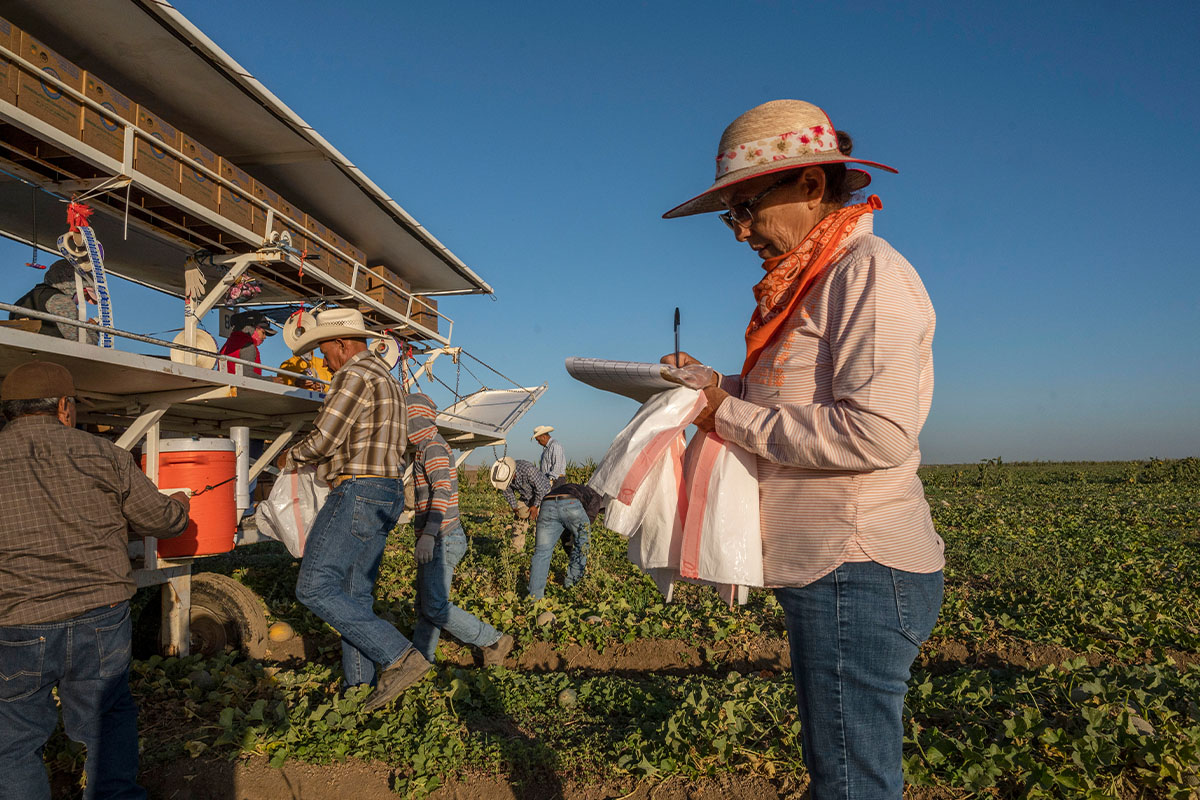We are a diverse group of researchers, educators, and communicators who are dedicated to the understanding and prevention of illness and injury in western agriculture.

The Western Center for Agricultural Health and Safety (WCAHS) is located at the University of California, Davis, which is ranked first in the nation for agriculture.
The western region is one of the nation’s most intensive and productive with over 99,550 farms and ranches and over one million workers in Arizona, California, Hawai'i, and Nevada.
Western agriculture is characterized by specialty crops, labor intensive work, and incredible diversity of commodities.
Agriculture is one of the most dangerous industries globally and in the U.S. Roughly 11% of agricultural fatalities and 42.6% of injuries occur in the western region.
Mission
Our mission is to improve the health and safety of agricultural workers in the west through innovative research, interactive trainings, and tailored outreach.
Core Values
- Health and safety for everyone working in agriculture
- Evidence-based solutions
- Engaged, accessible outreach and inclusive practices


Approach
We advance these goals and values through partnerships and collaboration with groups across the agricultural industry and in agricultural communities.
WCAHS is one of 12 agricultural health and safety centers in the U.S. established by the Centers for Disease Control and Prevention (CDC) and the National Institute for Occupational Safety and Health (NIOSH). Read our annual report here.
Core center research and training activities are extended through extramural grant funding and state contracts.
History
WCAHS began in 1991 as one of the original two NIOSH Centers for Agricultural Safety and Health (Ag Centers). Under the leadership of founding director, Dr. Marc Schenker, WCAHS has established a successful track record of innovative research and brought the specific hazards experienced by immigrant farmworkers to national attention.
WCAHS scientists developed state of the art solutions for agricultural health and safety that serve as models for best practices and have been adopted at the regional, national, and international levels, including real-time pesticide exposure bioassays, ergonomically improved tools to reduce cumulative trauma injury in agricultural workers, and a state-mandated heat-related illness education campaign.

